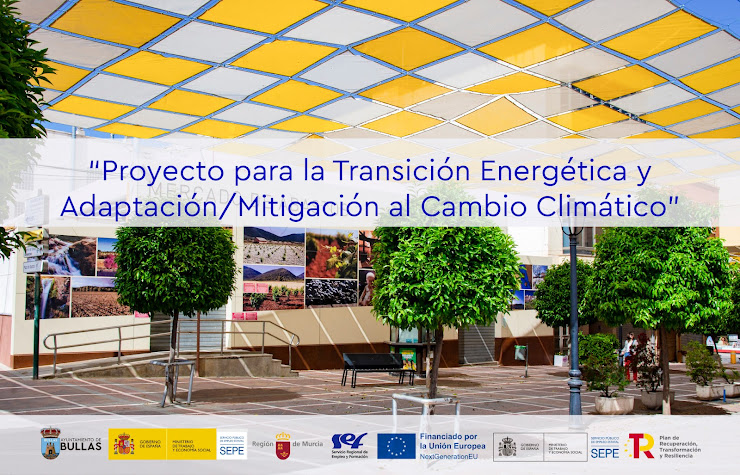Reports have shown that countries’ current commitments are not sufficient enough to meet the Paris Agreement goals of keeping global warming to 2°C above pre-industrial levels.
Now, the 1.5°C report by the Intergovernmental Panel on Climate Change (IPCC) has gone a step further, illustrating the devastating consequences for our world if we allow global warming to reach 2°C.
And this is especially true for urban populations, which remain highly vulnerable to the impacts of climate change, from rising seas in coastal cities to devastating droughts in landlocked towns.
The good news is that there is a path to 1.5°C — but if we want to make drastic transitions in sectors that greatly impact emissions, such as buildings, transportation and waste, cities are where those changes will be realized.
Recognizing the important role of local governments in addressing today’s most pressing global challenges, including climate change, cities in Group of Twenty (G20) member states, hosted the U20 Mayors Summit in Buenos Aires in October. During the summit, I had the opportunity to participate in a panel discussion about how to localize the Paris Agreement and the role of multi-level collaboration in improving investments that support local climate ambition.
+Info: Global Covenant of Mayors for Climate and Energy


No hay comentarios:
Publicar un comentario